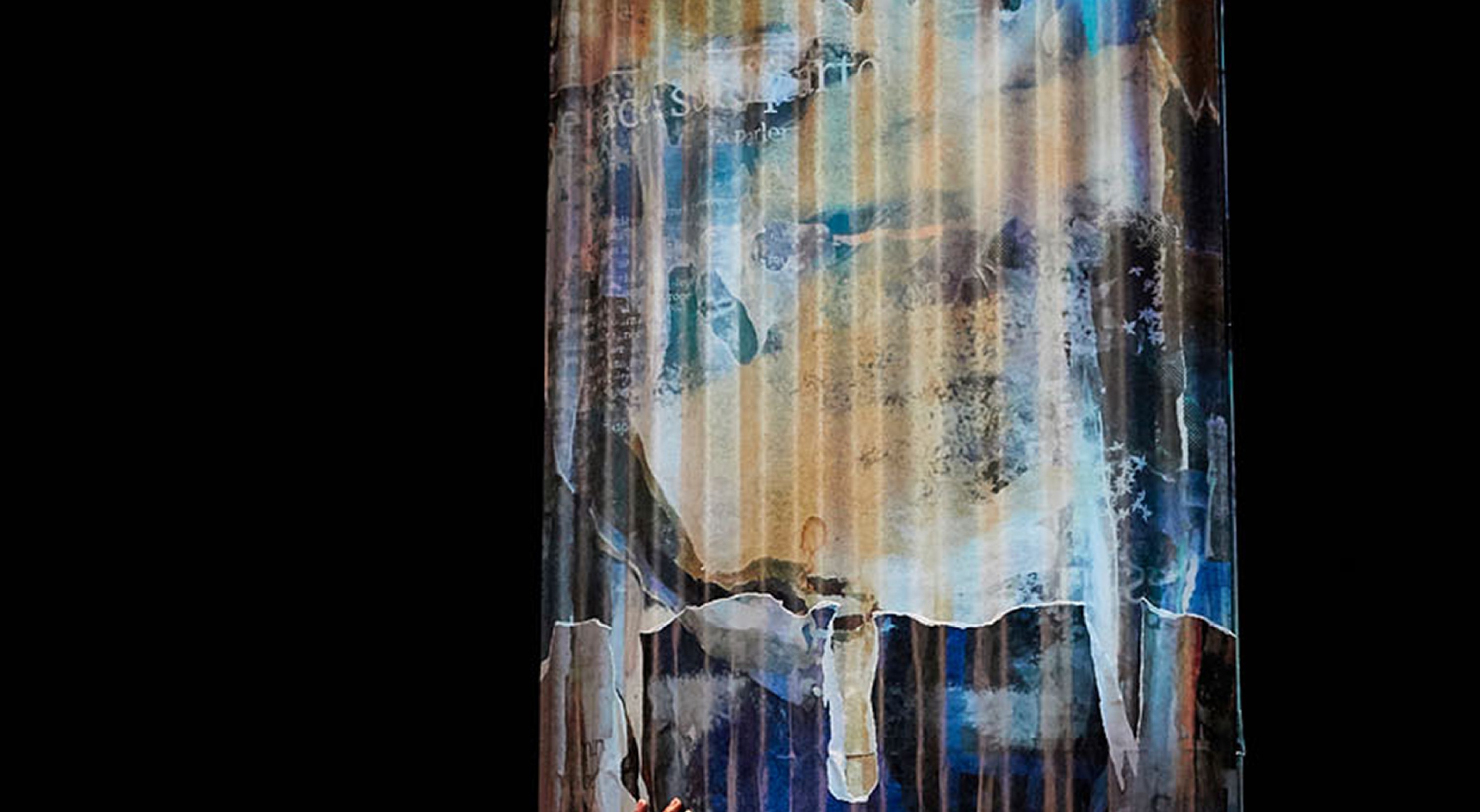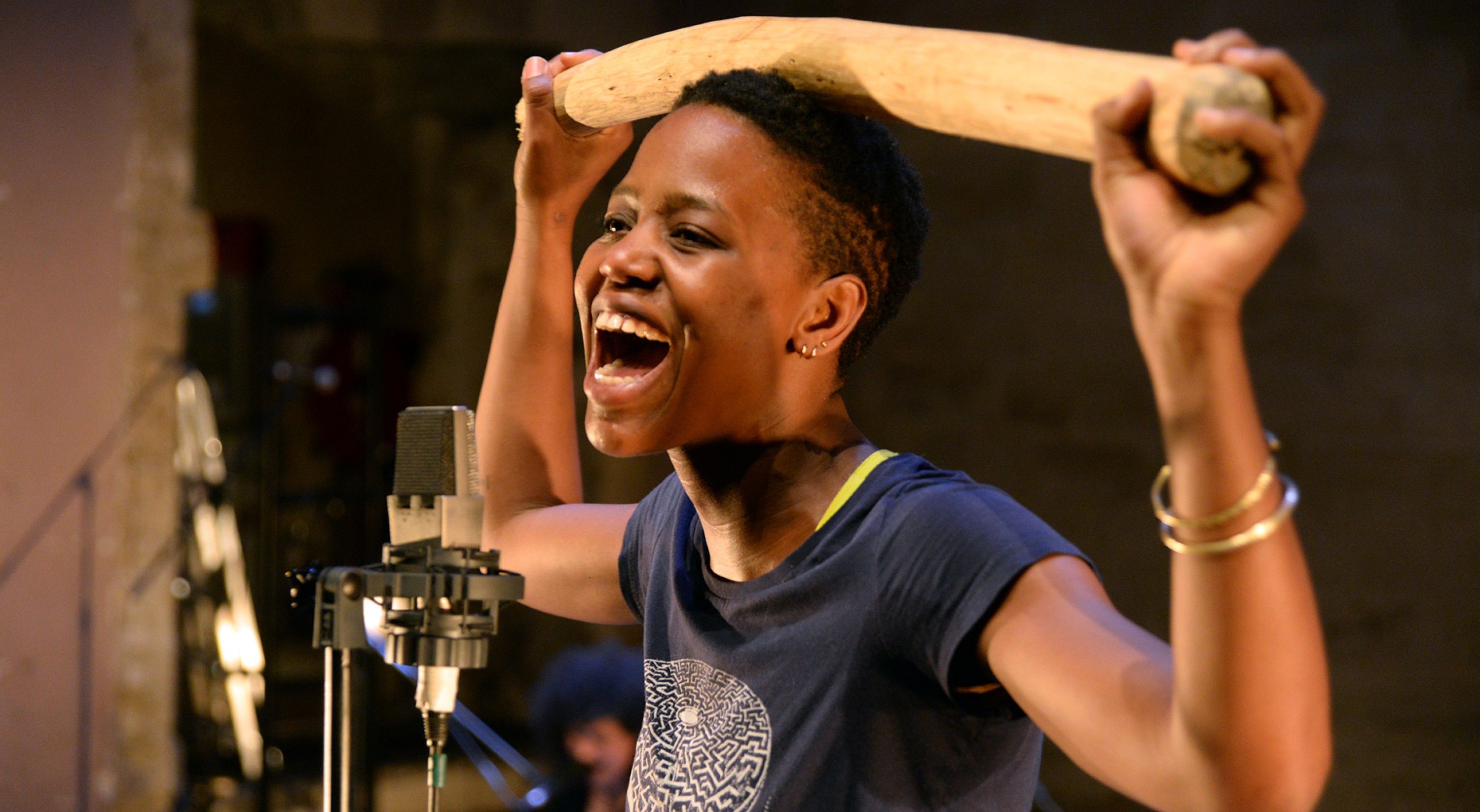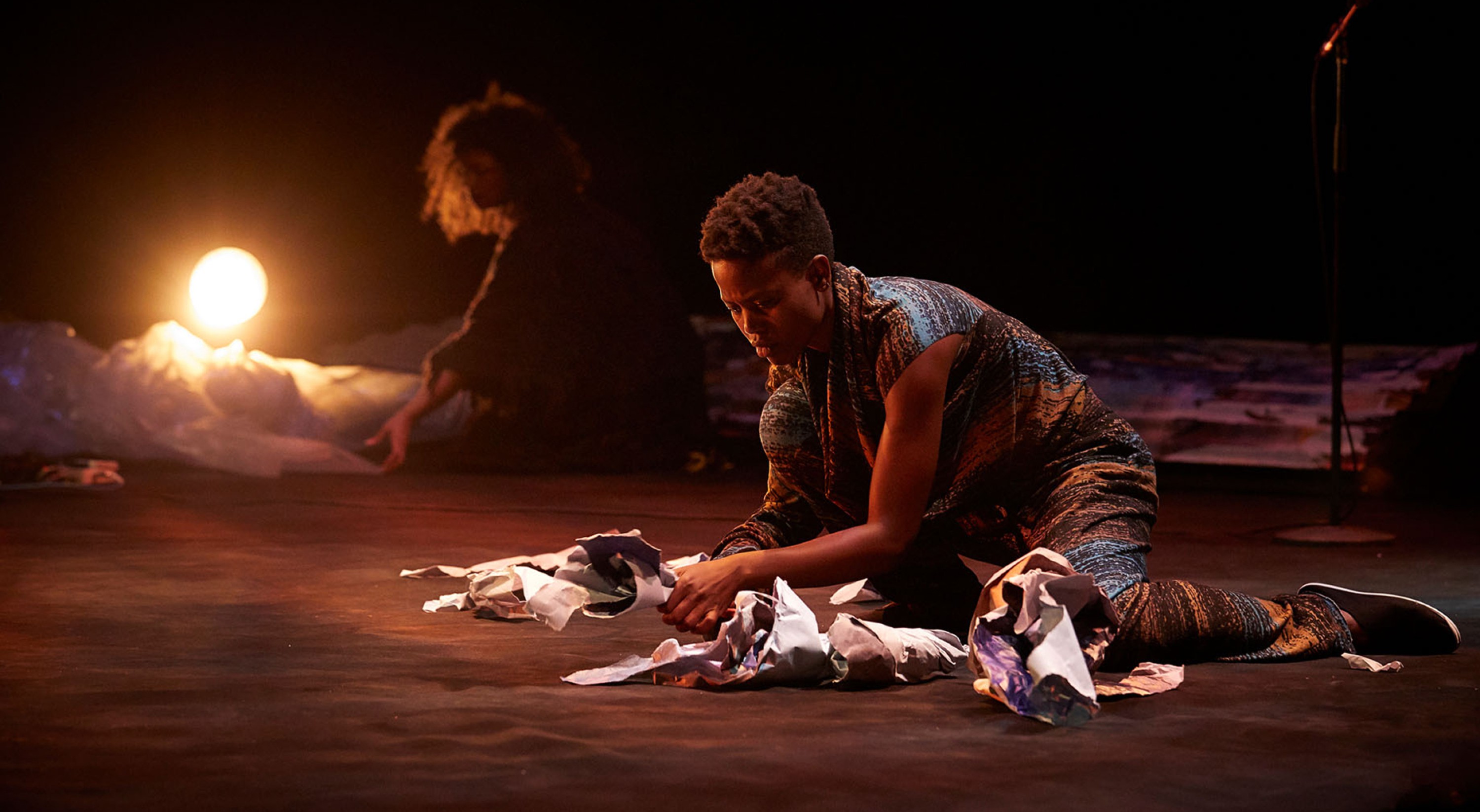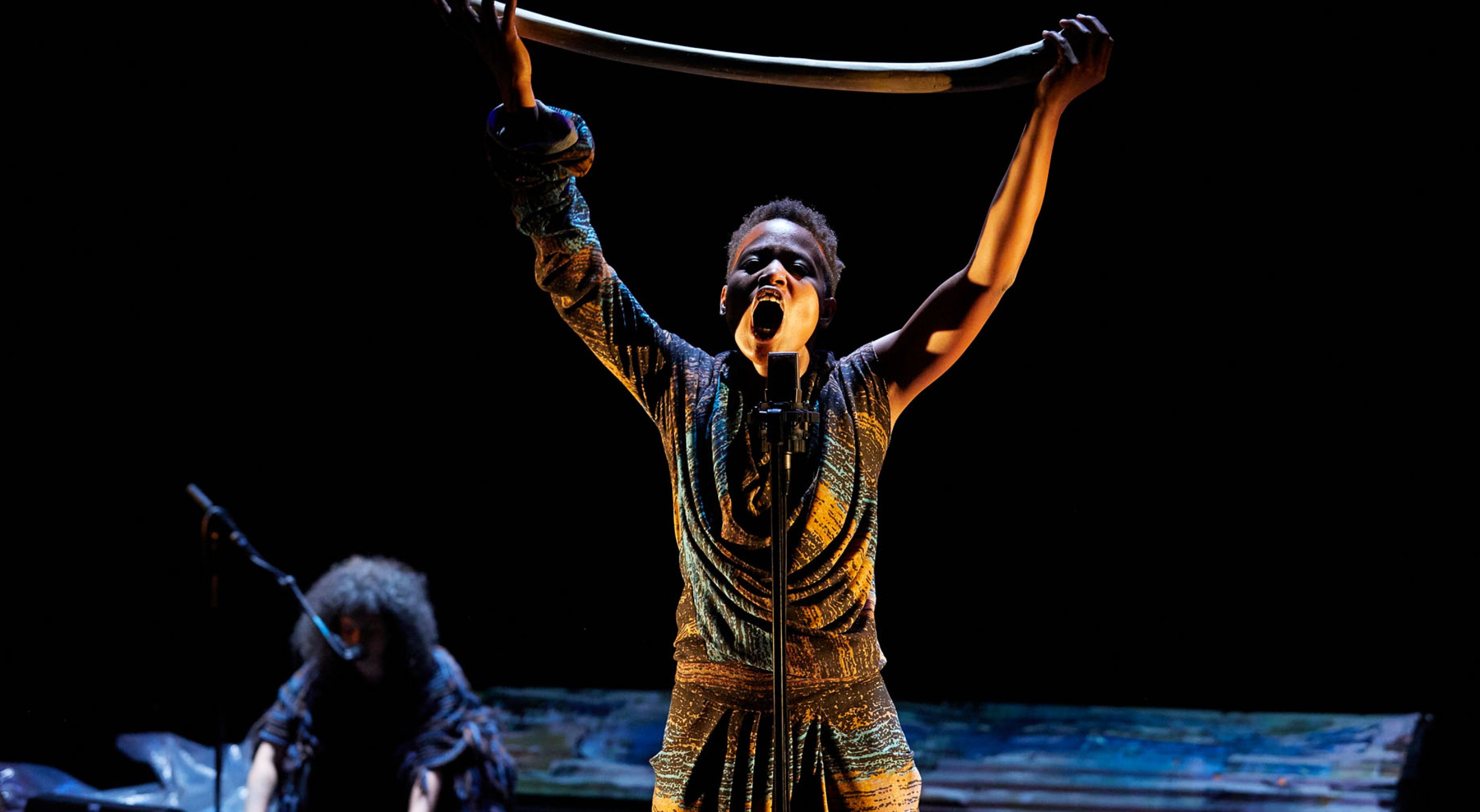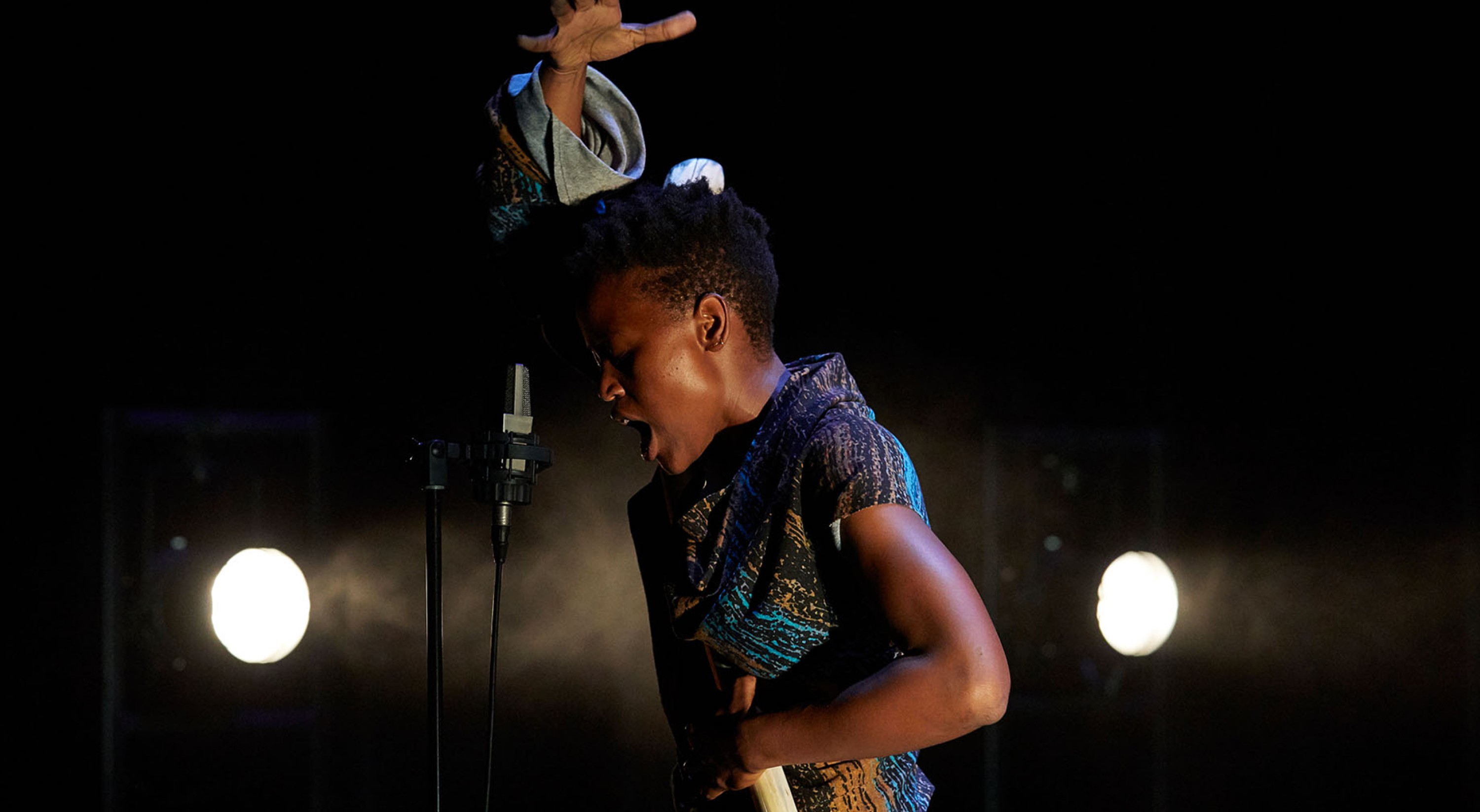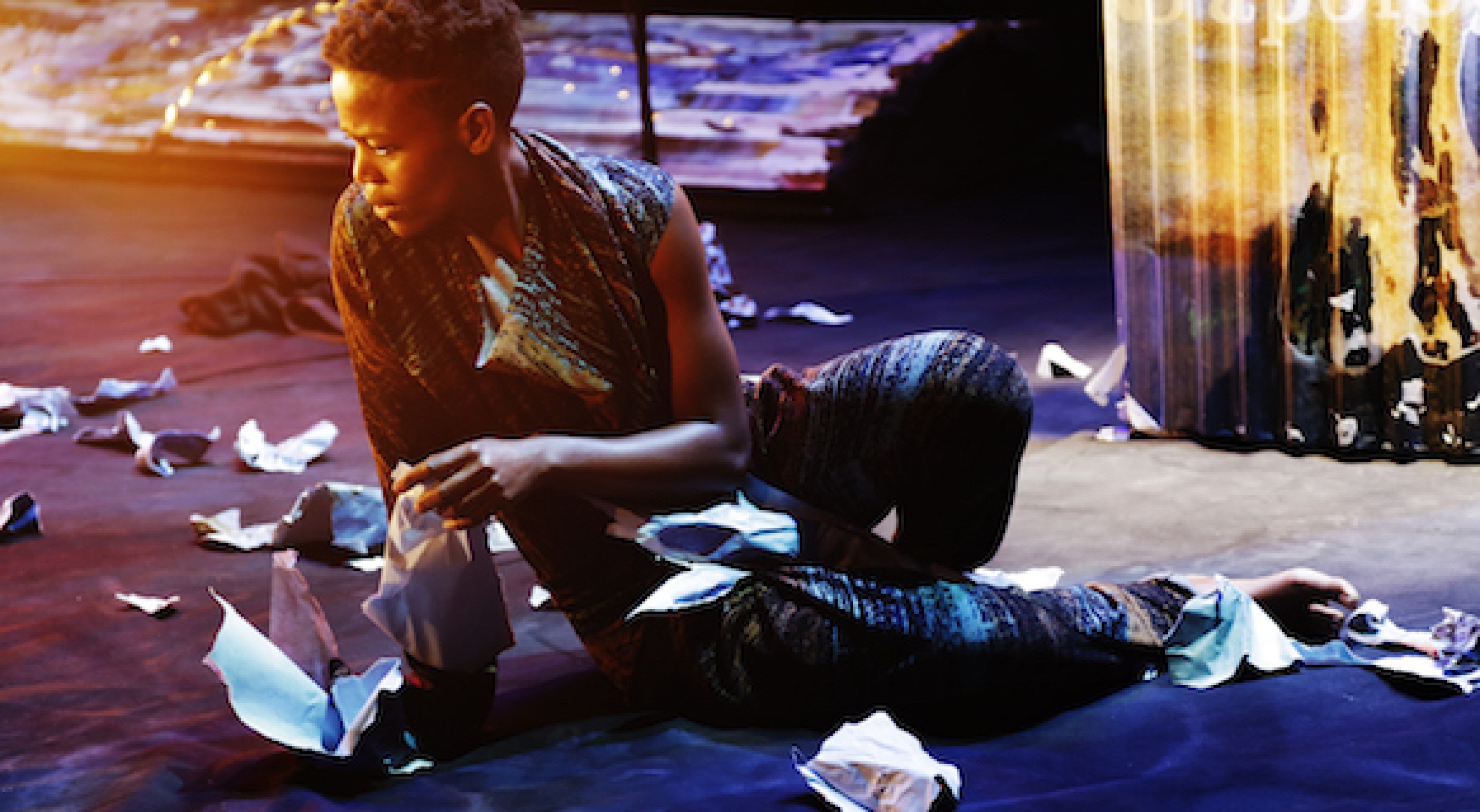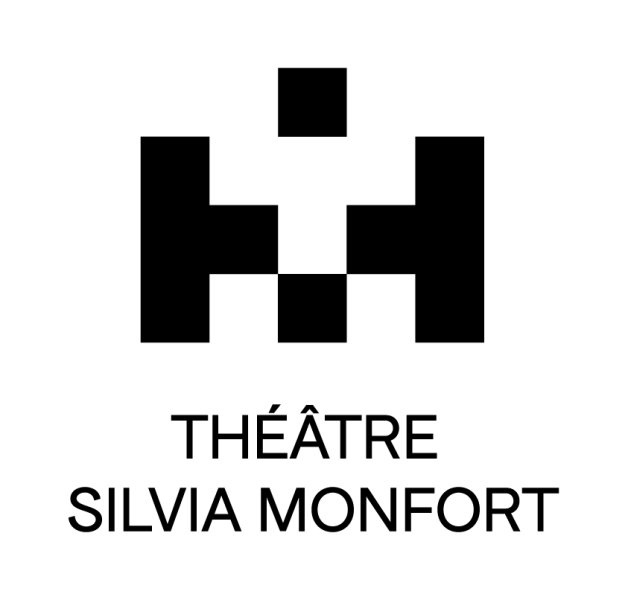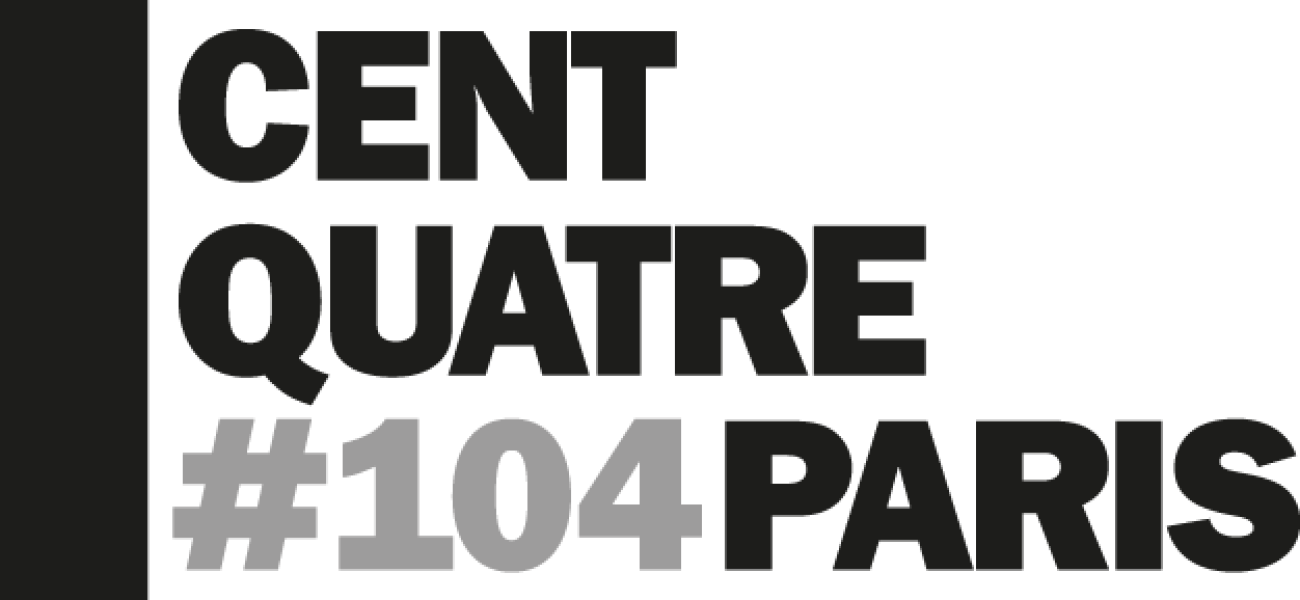Dorothée Munyaneza
Unwanted
octoberoct 18 – 21
novembernov 28 - december – dec 28
Devised and choreographed by Dorothée Munyaneza
With, Holland Andrews, Alain Mahé and Dorothée Munyaneza
Artistic advice, Faustin Linyekula
Stage, Vincent Gadras
Art design, Bruce Clarke
Lighting, Christian Dubet
Music, Holland Andrews, Alain Mahé, and Dorothée Munyaneza
Costumes, Stéphanie Coudert
Light manager, Marine Le Vey
sound manager, Camille Frachet
Stage management, Marion Piry
Production, administration, and distribution, Emmanuel Magis
A production by Compagnie Kadidi, Anahi // Co-produced by Festival d’Avignon ; Théâtre de Nîmes – scène conventionnée pour la danse contemporaine ; Le Liberté – scène nationale de Toulon ; Pôle Arts de la scène de la Friche la Belle de Mai (Marseilles) ; La Chartreuse de Villeneuve-lez-Avignon – Centre national des écritures du spectacle ; Musée de la danse / Centre chorégraphique national de Rennes et de Bretagne ; Théâtre Garonne – Scène européenne (Toulouse) ; Maison de la Culture de Bourges ; Bois de l’Aune (Aix-en-Provence) ; BIT Teatergarasjen (Bergen) ; Pôle Sud – Centre de développement chorégraphique de Strasbourg ; L’échangeur – CDC Hauts-de-France (Château-Thierry) ; Escales danse en Val d’Oise ; Théâtre de Saint-Quentin-en-Yvelines, Scène nationale ; Théâtre du Fil de l’eau (Pantin) ; Théâtre Forum Meyrin (Geneva) ; Tanz im August/HAU Hebbel am Ufer (Berlin) ; Festival d’Automne à Paris // In association with Le Monfort (Paris) ; Festival d’Automne à Paris for performances at Le Monfort // In association with Le CENTQUATRE-PARIS ; Festival d’Automne à Paris for performances at the CENTQUATRE-PARIS // With support from DRAC PACA – Ministère de la Culture et de la Communication, de la Région PACA, d’Arcadi Île-de-France, du Fonds de dotation du Quartz (Brest), du Creative Exchange Lab du Portland Institute for Contemporary Art, de l’Africa Contemporary Arts Consortium/USA, du Baryshnikov Arts Center (New York), du CICR – Comité International de la Croix-Rouge, and Fonds SACD musique de scène, Fonds SACD théâtre// With support from Montevideo (Marseilles) // With support from Adami and from Spedidam // Godeliève Mukasarasi et aux femmes et jeunes de l'Association SEVOTA (Rwanda), et à Pauline Georget, Emmaüs Alternatives // First performed on the 7th July 2017 at the Festival d’Avignon // La compagnie Kadidi receives aid from l’Institut français for its overseas tours
How can we express the physical and mental repercussions of rape used as an instrument of war? The choreographer Dorothée Munyaneza set off in search of those women who had been subjected to mistreatment during the Tutsi genocide in Rwanda. In Unwanted, she confronts us with pain and anguish that has been perpetuated by conflicts that have never ceased to exist.
Between April and July 1994, as the massacres took hold in Rwanda, between 100,000 and 250,000 women were raped. This intrusion into their most intimate self is a scar that these women carry with them today. Often rejected by their community, some of them have given birth to the children - now adults - of their aggressors. After leaving Rwanda for Great Britain during adolescence, Dorothée Munyaneza returned to her native land in order to meet mothers and children alike. Drawing on their experiences and with the continued existence of this violence in mind, the author-performer and choreographer embarked on a search for a means to respond to this suffering through artistic creation. The result is a piece which centres on the female body itself, irrespective of race or class. After performing in productions by Rachid Ouramdane and Robyn Orlin among others, she is now based in Marseilles. Her previous work, entitled Samedi Détente, marked her first foray into the theme of the Tutsi genocide. Unwanted, her second work, sees her collaborating with the South African visual artist Bruce Clarke, in addition to the composer Alain Mahé and the afro-American musician Holland Andrews. Mixing dance with songs and text, they will be joining her onstage in order to give voice to these women. To their fractured lives and much-overlooked dignity.
See also
In the same place
